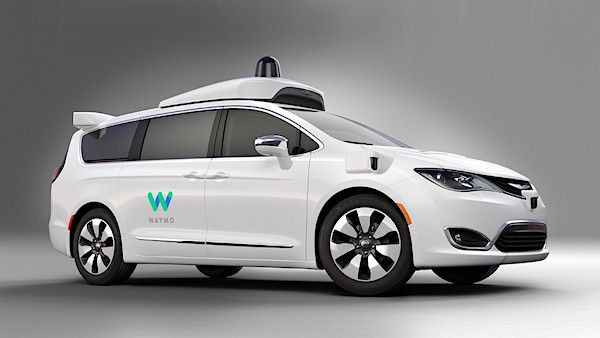Google’s Self-Driving Waymo Minivans Come With Sensors, New Computer And Major System Updates

Google is more than ever closer to bringing multiple types of autonomous driving vehicles on the road. This week, its self-driving vehicle division, Waymo, formally introduced the company’s advanced minivan prototype.
In a blog post, Waymo CEO John Krafcik proudly announced Google’s self-driving minivans. The vehicles were made using Chrysler Pacifica Hybrid minivans. They were outfitted with self-driving technology features, such as sensors and an upgraded computer. There’s also mention of “other major system updates,” but they were not specifically explained by Krafcik.

There are already 100 minivans available for testing, and they were made all thanks to Waymo’s partnership with Fiat Chrysler Automobiles that began in May. Krafcik revealed that they have already done some tests on the prototypes within the six-month development period. One of such tests is the 200-hour extreme-weather testing. The CEO noted that they are now looking forward to seeing the new minivans hitting public rounds in 2017.
Engadget reports the Chrysler Pacifica Hybrid vehicles can run up to 30 miles in pure electric mode. The tech news site also learned that the Waymo minivans were produced at a southeastern Michigan facility and that the Google Lexus SUV’s sensors and telematics were used in this project. Though the autonomous driving features used were from other vehicles, the Waymo and FCA teams had to do some modifications to ensure that the technology could provide the right energy needed to carry the extra weight of the minivans.

"Our partnership with Waymo enables FCA to directly address ... a future where fully self-driving vehicles are very much a part of our daily lives." Chrysler CEO Sergio Marchionne said. He also noted that this partnership is essential in “promoting a culture of innovation, safety and technology.” And this is not at all questionable. VentureBeat even says that Waymo’s self-driving minivans could have a vital role in the advancement of autonomous vehicles on the market.
© Copyright IBTimes 2024. All rights reserved.




















